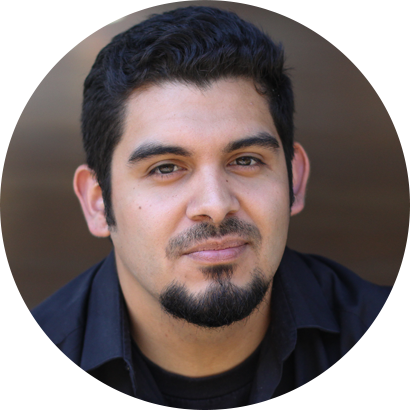About STEP
The Stanford Teacher Education Program (STEP) of the Stanford Graduate School of Education (GSE) aims to cultivate teacher leaders who share a set of core values that includes a commitment to social justice, an understanding of the strengths and needs of a diverse student population, and a dedication to equity and excellence for all students. The program takes an approach to teaching and learning that is sensitive to the family, community, and political contexts of education, focused on the needs and development of learners, and grounded in the study of subject matter that enables inquiry, critical thinking, and problem solving.

“One thing that is unusual about STEP is the length of the program; students receive an MA degree and a teaching credential in one rigorous year. I think that this short and intensive year facilitates bonding among students. [...] Another thing that strikes me as unusual about STEP, and a large university like Stanford, is the attentiveness of the STEP staff. In the short time that I have been in the program the STEP staff has done a great job of being supportive and responsive to my needs.”
STEP seeks to prepare and support teacher leaders working with diverse learners to achieve high intellectual, academic, and social standards by creating equitable and successful schools and classrooms. Desired outcomes for graduates include an understanding of teaching as intellectual work and as a caring profession; a depth of content knowledge and a repertoire of powerful pedagogical practices; and a view of teaching and of the role of education in society informed by appreciation of the socio-cultural contexts of education. The content and design of the program are organized to foster an understanding of and commitment to research, reflection and inquiry in the classroom; collaboration across individuals, institutions and communities; a blending of theory and practice; and the effective use of technology as a teaching and learning tool.

“ At STEP, we have just 3-4 teacher candidates per supervisor (check out that student: teacher ratio!), so I get to have brilliant teachers and teacher educators pay close attention to my teaching and learning. Not much more than a month into the program, the benefits of such an attentive structure on my learning, reflection, and development as an educator are already becoming clear to me. ”
The goal is to prepare program graduates to meet both the practical and intellectual challenges of the teaching profession, to serve the needs of the diverse population of today’s students, and to revitalize the profession and the field by preparing educational leaders for tomorrow’s schools.
